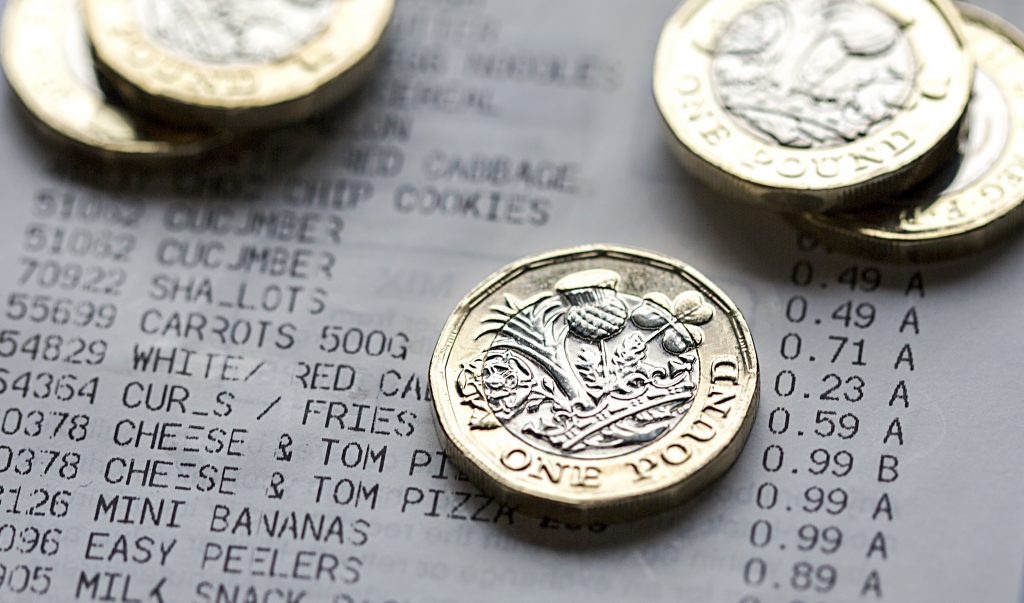More than 11.2 billion paper till receipts are printed each year by retailers in the UK and consumers are “overwhelmingly” unaware that they are not only non-recyclable in most cases, they’re also potentially harmful.
A study undertaken by BusinessWaste.co.uk shows 95% of consumers believe receipts were recyclable. Just 1% of the 2,000 people surveyed knew they were non-recyclable, with 4% unsure either way.
The company says that around half of receipts are printed on a special type of paper that reacts to heat. This thermal paper contains two chemicals, known as BPA and BPS, which are classed as toxic to people and the environment. Plastic water bottles are no longer allowed to contain these harmful chemicals, which can cause hormonal changes and have been linked with a risk of cancer.
Mark Hall, a spokesperson for BusinessWaste.co.uk, said: “We simply need to ban receipts altogether. Most people find them annoying as it is – how often do we throw them in the nearest bin as soon as we exit a shop or, equally wastefully, decline them after they’ve been printed, leaving till staff to throw them away? Some retailers have introduced electronic receipts, sent by email, and we think this is a great alternative, particularly as it makes it easier for consumers to find if they did need to return or check the warranty on a product. It could also be done by text or QR code, giving consumers the option to decline the receipt altogether or enter their details to get it sent to their phone or emails.”
He added: “For those who need to collect receipts for expense or tax purposes, having digital receipts would save bulging files with scraps of paper for long-suffering accountants to sift through at the end of the year – it’s a win-win. For those who don’t need to save each one, more retailers need to give customers the option to say no to pointless pieces of paper – or offer environmentally friendly alternatives.
“We’re aware that some retailers have shifted towards using a different type of paper in their receipts which is recyclable, but we think this is just creating another form of waste that enters the recycling process: it’s usually entirely unnecessary.”
 Talking Retail Grocery and product news for independent retailers
Talking Retail Grocery and product news for independent retailers






